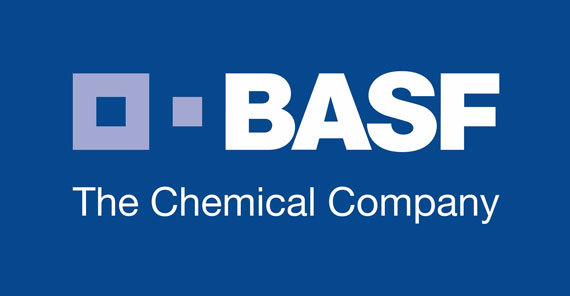
BASF generated sales of €62.7bn last year.
This represents an increase of 2% compared with the previous year.
Income from operations (EBIT) before special items declined to €6.4bn, compared with €7.6bn in the previous year.
This was mainly attributable to the Chemicals segment, which accounted for around two-thirds of the total decline in earnings.
Isocyanate margins fell sharply in the second half of the year.
Overall, 2018 was a year characterised by difficult global economic and geopolitical developments and trade conflicts.
In the second half of the year, BASF felt an economic slowdown in key markets, especially in the automotive industry, BASF’s largest customer sector.
In particular, demand from Chinese customers declined significantly.
The trade conflict between the USA and China contributed to this.
Around the world, uncertainties grew. Many market participants therefore acted very cautiously.
"We are tackling these challenges. With our new corporate strategy, we will use 2019 as a transitional year to emerge even stronger.
"This year, we are adapting our structures and processes and focusing our organisation clearly on the needs of our customers,” said BASF’s Chairman of the Board of Executive Directors, Dr Martin Brudermüller, who presented the 2018 financial figures together with Chief Financial Officer Dr Hans-Ulrich Engel.



